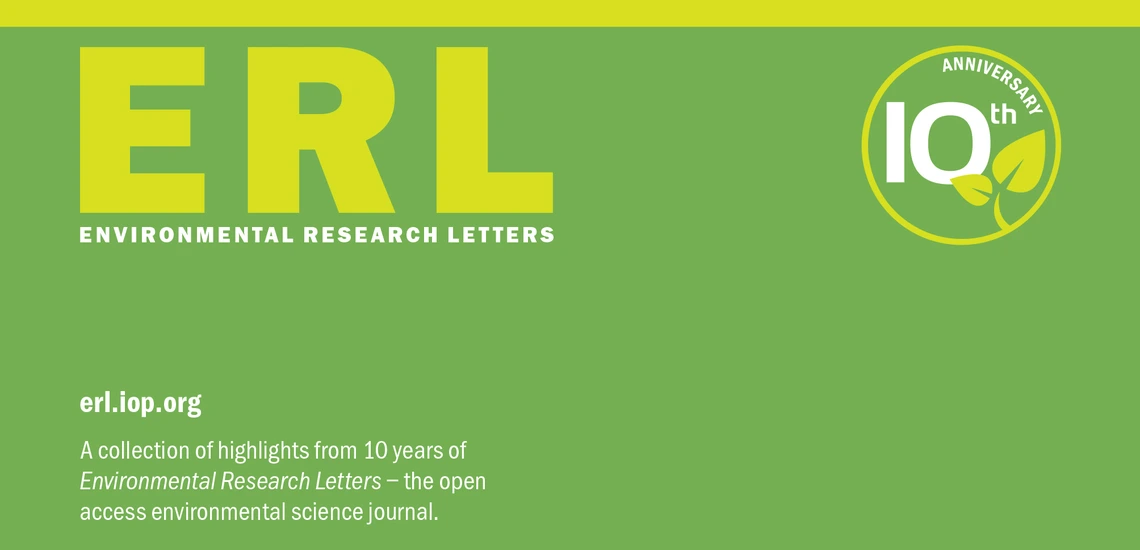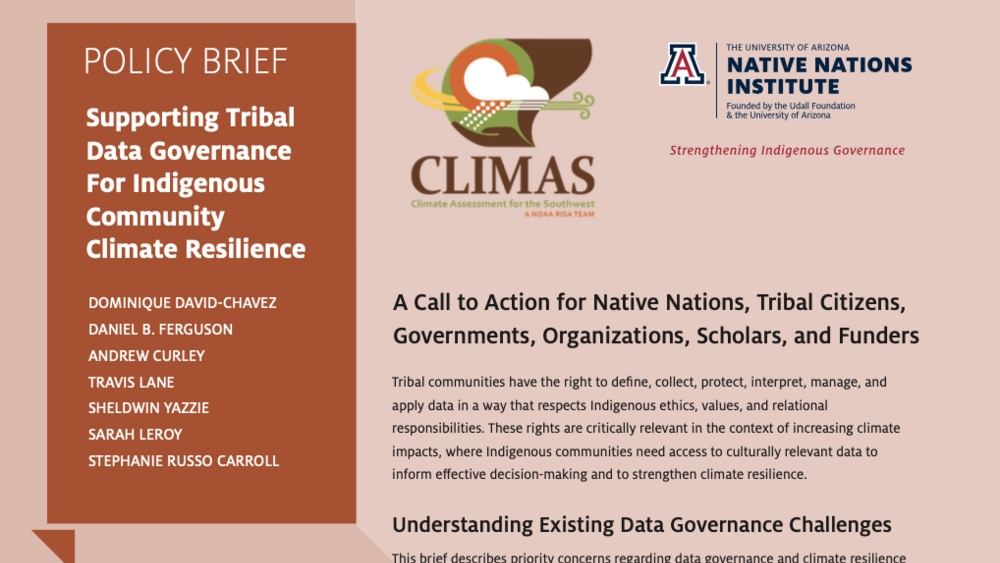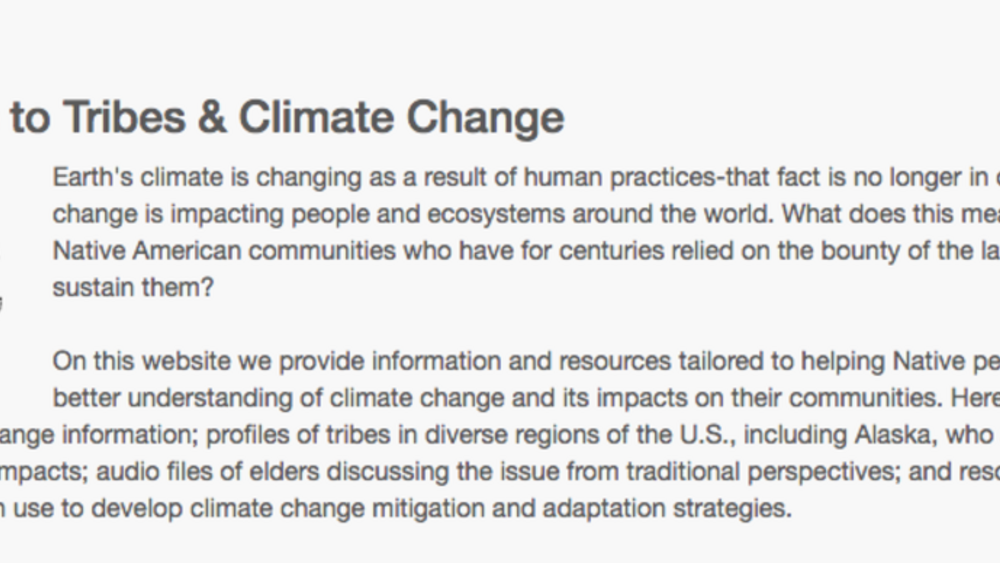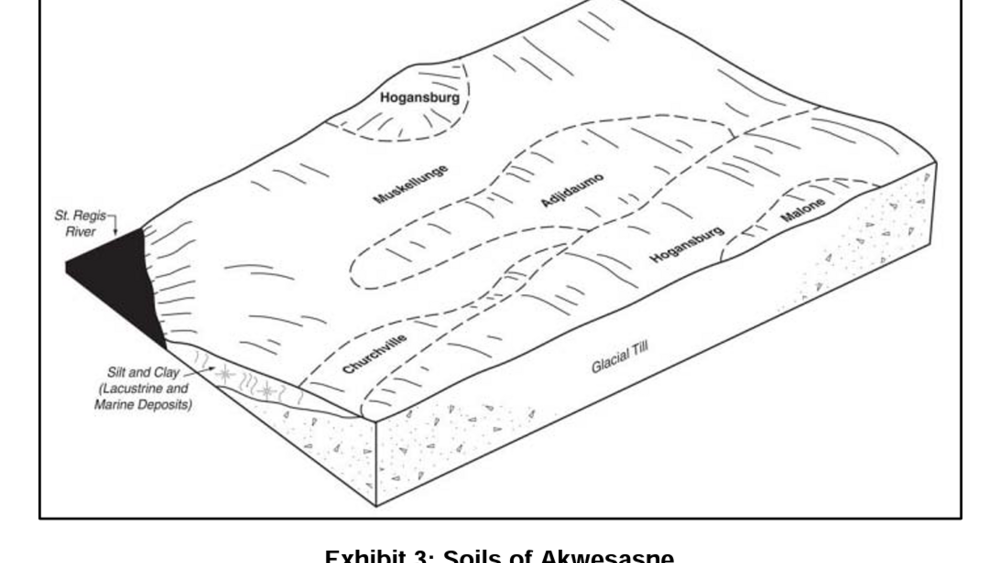For millennia Indigenous communities worldwide have maintained diverse knowledge systems informed through careful observation of dynamics of environmental changes. Although Indigenous communities and their knowledge systems are recognized as critical resources for understanding and adapting to climate change, no comprehensive, evidence-based analysis has been conducted into how environmental studies engage Indigenous communities. Here we provide the first global systematic review of levels of Indigenous community participation and decision-making in all stages of the research process (initiation, design, implementation, analysis, dissemination) in climate field studies that access Indigenous knowledge. We develop indicators for assessing responsible community engagement in research practice and identify patterns in levels of Indigenous community engagement. We find that the vast majority of climate studies (87%) practice an extractive model in which outside researchers use Indigenous knowledge systems with minimal participation or decision-making authority from communities who hold them. Few studies report on outputs that directly serve Indigenous communities, ethical guidelines for research practice, or providing Indigenous community access to findings. Further, studies initiated with (in mutual agreement between outside researchers and Indigenous communities) and by Indigenous community members report significantly more indicators for responsible community engagement when accessing Indigenous knowledges than studies initiated by outside researchers alone. This global assessment provides an evidence base to inform our understanding of broader social impacts related to research design and concludes with a series of guiding questions and methods to support responsible research practice with Indigenous and local communities.
Additional Information
David-Chavez, Dominique & Gavin, Michael. (2018). A global assessment of Indigenous community engagement in climate research. Environmental Research Letters. 13. 10.1088/1748-9326/aaf300.




